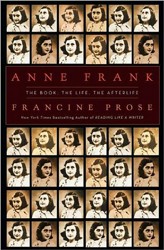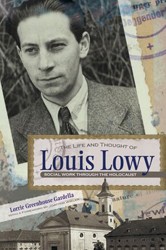Segev, widely acclaimed for his coverage of Israeli history and politics, now offers readers a biography of Simon Wiesenthal covering both the man and the movement he created, Holocaust Studies. With access to a wide range of archives, including Wiesenthal’s private papers, Segev has pieced together an enormously readable account of this unique man’s life and legacy. While the saga of Wiesenthal’s survival of the Nazi death camps has been told and retold, and the stories of how he tracked down various war criminals has been the stuff of novels and movies, Segev adds a vital dimension to our understanding by exploring the more controversial episodes — Wiesenthal’s relationships with Bruno Kreisky and the Austrian Jewish establishment, his bewildering entanglement with Joachim Waldheim, his ambivalence towards Elie Wiesel, and his late-life relationship with Albert Speer.
Segev explores both Wiesenthal’s point-of view and those of his detractors, not to arrive at a final verdict, but to understand Wiesenthal’s approach to questions of responsibility, guilt, and the possibilities of forgiveness. Readers might expect to be awed by Wiesenthal’s lifelong dedication to tracking down war criminals, especially without the aid of the internet. After reading Segev’s account, however, they may realize something more — that this one man’s insistence on the importance of memory, on the principle of individual responsibility, has shaped the post-Holocaust world for all of humanity. Index, notes.
Bettina Berch, author of the recent biography, From Hester Street to Hollywood: The Life and Work of Anzia Yezierska, teaches part-time at the Borough of Manhattan Community College.





